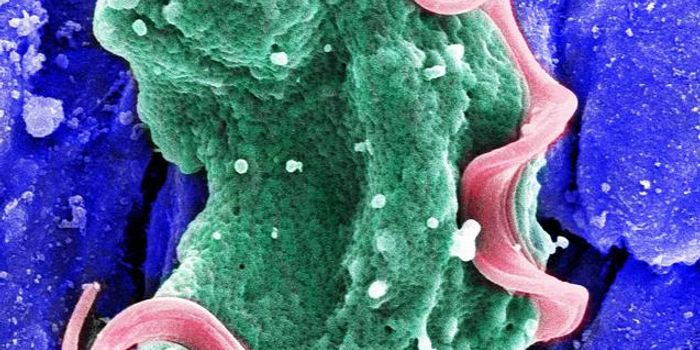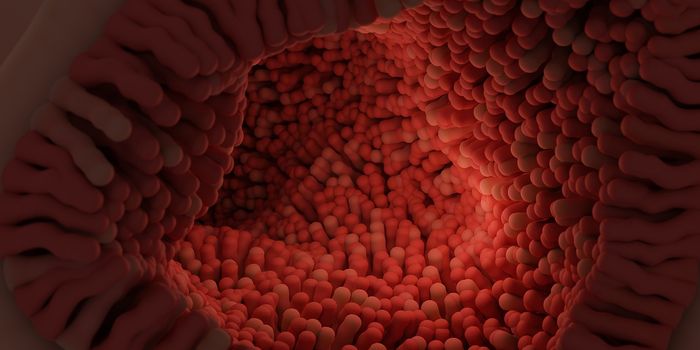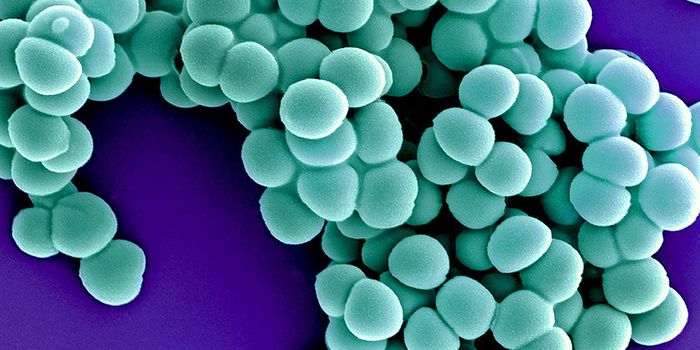The Enzyme That Keeps Viruses In Stealth Mode
Some viral infections just don’t go away. The hepatitis C virus, for instance, can result in life-long chronic infection if left untreated, leading to potentially life-threatening symptoms such as liver damage. In the case of such infections, why doesn’t the body’s immune system detect and eliminate such viruses?
Researchers at the University of Missouri School of Medicine have found another piece of the puzzle surrounding this question: an enzyme called sphingosine kinase 2, or SphK2, that allows viruses to remain in stealth mode, evading immune clearance. The findings, published in the Journal of Clinical Investigation, point to a promising therapeutic target to treat these persistent viral infections.
Senior author Bumsuk Hahm said, “There is very little research on how the sphingosine kinase 2 (SphK2) enzyme affects the immune responses to viral infections.”
“We hypothesized that this enzyme suppresses the T cells that fight infections and allows viruses to persist.”
The scientists used a mouse model of lymphocytic choriomeningitis virus infection to test this theory, a common virus affecting rodents. After being administered a pharmaceutical agent to temporarily suppress SphK2, the mice launched a strong immune response that attacked and removed the virus.
“SphK2 is shown to regulate immune cell responses during a viral infection, and inhibition of this enzyme is effective in clearing a persistent viral infection,” said Hahm, who added, “We believe targeting SphK2 may provide a promising route for developing a drug to elicit protective immunity against viral infections that have a devastating impact on human health.”
Excitingly, inhibiting SphK2 may not only work for getting rid of viruses, but also tumor cells. The study also demonstrated that targeting SphK2 restored the activity of cancer-killing T cells in the immunosuppressive tumor microenvironment.
Sources: JCI, Technology Networks.









